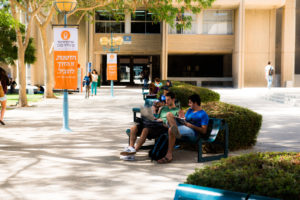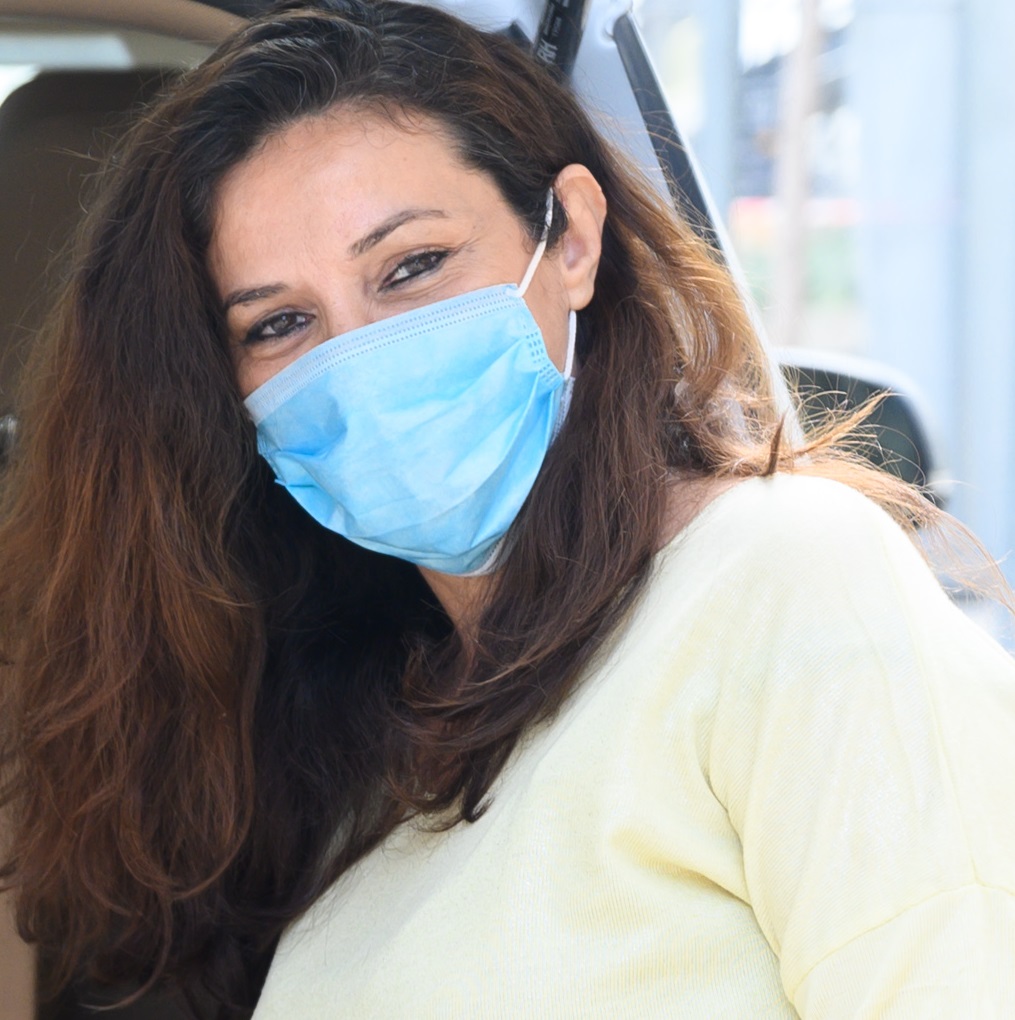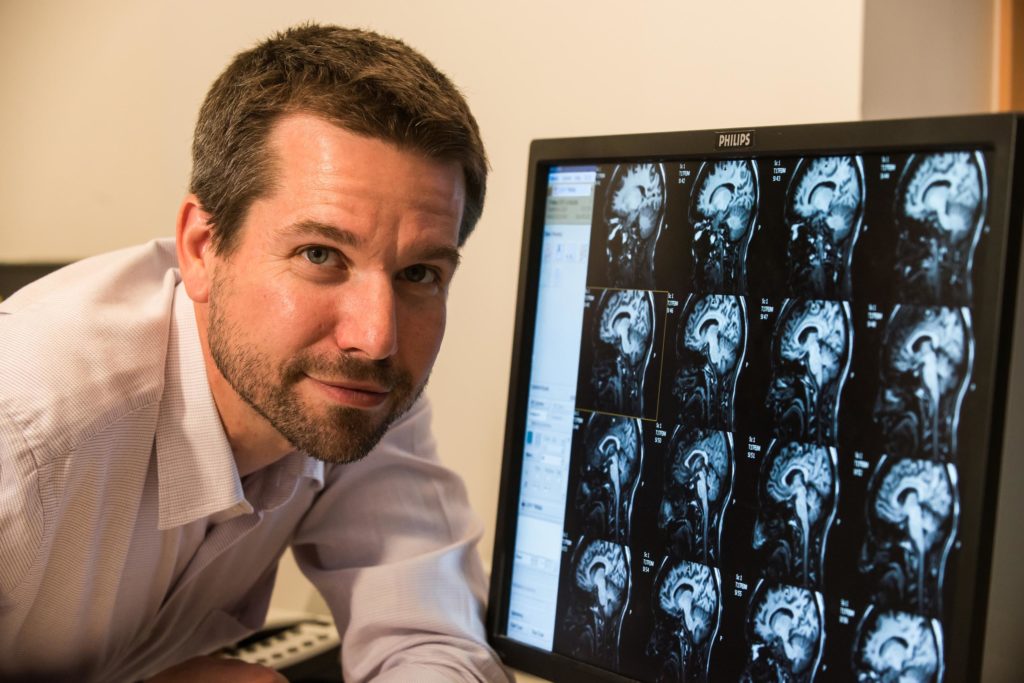
BGU Proposes Occupational Therapy Program Amid Shortage
BGU Proposes Occupational Therapy Program Amid Shortage
October 22, 2021
The Jerusalem Post — Israel is experiencing a dire shortage in occupational therapists. Ben-Gurion University of the Negev is creating a new program to combat it.
The country is currently suffering from a shortage of professionals in several fields, including physical and mental healthcare. While the government has tried to alleviate this shortage by easing the immigration process for professionals abroad who are seeking to make aliyah, there is still much work that must be done in order to increase access to mental health services, especially in Israel’s south.
The Beersheba Municipality, Clalit Health Services, Soroka University Medical Center, ADI Negev-Nahalat Eran Rehabilitation Hospital, and other southern Israeli organizations formed a coalition with several ministries to help develop BGU’s program.
“Our motivation for opening an occupational therapy program at BGU is both to meet the crucial need in the South and because rehabilitation is an up-and-coming research field,” BGU President Prof. Daniel Chamovitz said. “This coalition attests to the unanimous understanding of how much new therapists are needed and it is now up to us to ensure that the program comes to fruition for the benefit of the Negev populace and Israeli society.”
The coalition must propose a curriculum and once it is approved, BGU will open an occupational therapy department in the Recanti School for Community Health Professions. The university hopes this will be done by the 2022-23 academic year.

With over 20,000 students and 6,000 staff members, BGU is one of Israel’s most famed and prestigious institutions of higher learning. The main campus is located in Beersheba in the Negev desert in southern Israel, but the university also has campuses in Eilat and Sde Boker.
Moreover, BGU teaches a range of crucial subjects, including natural sciences, health sciences, social sciences and humanities, engineering, business and desert studies. The school regularly collaborates with other institutions, as well as various ministries within the Israeli government.



